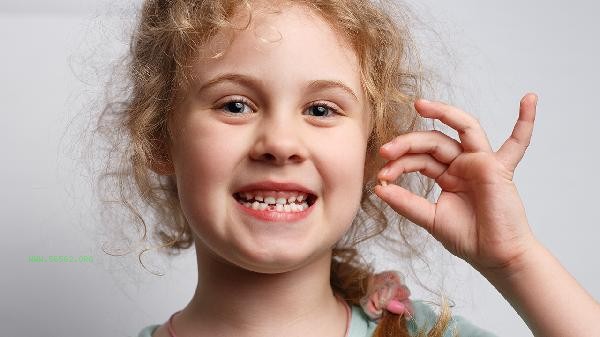Eating bee pupae for children cannot directly treat diseases, but moderate consumption may help supplement protein, vitamins, and minerals. Bee pupae contain high-quality protein, vitamin A, vitamin D, as well as trace elements such as zinc and iron, which have a certain auxiliary effect on the growth and development of children. Attention should be paid to the risk of allergies, and

should be consulted before consumption. 1. Nutritional supplements
Bee pupae are rich in high-quality protein and essential amino acids, which help children's muscle and tissue development. Its vitamin A content can support visual health, while vitamin D promotes calcium absorption and is beneficial for bone growth. Zinc can enhance immune function, while iron can prevent anemia. But bee pupae are not drugs and cannot replace formal treatment.
II. Immune Regulation
Active substances in bee pupae, such as royal jelly acid, may regulate immune function, but related research is not yet sufficient. Children's immune systems are not yet fully developed, and excessive consumption may cause adverse reactions. If a child has recurrent respiratory infections or other issues, priority should be given to seeking medical attention rather than relying on dietary therapy.
III. Digestive System Effects
The high protein characteristics of bee pupae may increase the burden on the gastrointestinal tract, and children with indigestion may experience bloating and diarrhea. It is recommended to try a small amount for the first time and observe bowel movements. Caution should be exercised when combining gastrointestinal diseases to avoid exacerbating symptoms.

Fourth, Allergy Risk
Bee pupae are highly allergenic foods that may cause allergic reactions such as urticaria and laryngeal edema. Children with a history of pollen allergies or asthma are at a higher risk. Parents should undergo a skin test before the first feeding and prepare anti allergic medication for emergency use.
V. Special Disease Taboos
Children with precocious puberty should avoid bee pupae as they may contain hormone substances. Children with kidney disease should limit their intake of high protein, and children with gout and metabolic abnormalities should also be cautious. Do not consume immunosuppressants or in the presence of bleeding disorders.

Children's diet should be balanced and diversified, and bee pupae can be used as occasional complementary foods, but cannot replace medication treatment. Parents are advised to add it reasonably under the guidance of a doctor or nutritionist, with a daily intake not exceeding 5 grams. If a child experiences discomfort such as skin itching and vomiting, they should immediately stop eating and seek medical attention. It is important to pay more attention to the comprehensive intake of vegetables, fruits, grains, meat, eggs, and milk in daily life, and promote healthy growth through scientific dietary combinations.








Comments (0)
Leave a Comment
No comments yet
Be the first to share your thoughts!